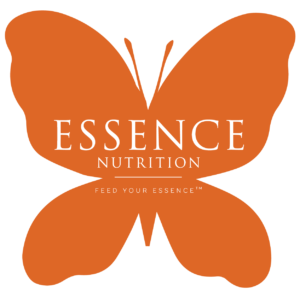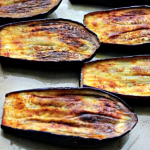You’re Really Milking This, Aren’t You?
Whether you prefer it from the cow, the goat, the sheep, or the nut, milk does indeed do a body good. It’s what we are bred to produce and consume from our first days alive and throughout the first year of life. Humans are the only animals that drink their mothers’ milk after infancy, but we like to celebrate the fact that we as humans have many other privileges as well that our mammal counterparts do not (sucks to be you, cats!)
There is nothing “wrong” with drinking organic, antibiotic and hormone-free milk as long as you are not allergic to milk proteins (casein and whey) or have a lactose intolerance. In fact, whey, one of the proteins in milk, is widely considered an excellent muscle aid and recovery substance before/after exercise. Cow’s milk (and sheep, and goat.. any milk from an animal.. though unlike in ‘Meet the Parents’.. we do not recommend milking a cat) is an excellent source of calcium (one cup has about 300 mg) and Vitamin D, calcium’s BFF, which work in tandem to support bone density. Riboflavin, a B vitamin, which works as a coenzyme (basically, a team player) with other chemicals in the body to assist in many metabolic functions like red blood cell production, is also present in animal milk.
Antibiotics and hormones are often superfluously given to livestock in order to boost milk production and ward off disease. The use of antibiotics and hormones in this country has become excessive. Non-organic farmers often give animals antibiotics even when they are not sick, which promotes antibiotic resistance, which can then trickle down into our bodies and our food supply. The hormones given to animals haven’t been scientifically *proven* to cause any adverse affects (as in there are no large, randomized, double-blind studies undoubtedly pointing to hormones as deleterious), but we are not going to stick around and wait until, say, the cows come home, for any research to emerge. We KNOW that any added, bovine-growth hormone simply can’t be beneficial in any ways to humans — only likely potentially harmful. So skip the commercially-raised milk and look for “organic” and “hormone-free” on your milk labels.
If you’re looking for alternatives animal milk, you’re lucky that in 2016, one can build a tower to the heavens with the amount of milk alternatives in a single grocery aisle (or at least, we hypothesize). Let’s take a look at some of the “faux” milks out there:
Soy Milk – this is the seasoned veteran of milk alternatives. Soy milk is made from soybeans that been all ground up. Manufacturers SHOULD only add water, but they add lurid things like carrageenan (a thickener made from seaweed, which seems benign enough, but has been implicated in intestinal epithelial inflammation), sugars, thickeners, and salt. Blech. Stick to organic, non-GMO soy with nothing else added! (No, dudes, you will not grow breasts from drinking soy. Sheesh.)
Almond Milk – delicious and hopefully fortified with calcium/Vitamin D, this babe is great for baking and to add to teas/coffees. Unfortunately, evil food companies also like to add sugar/thickeners to sweet innocent almond milk. Also a bummer: almond milk is very low in protein.
Hemp Milk – a big more protein than almond milk and more of a seedy aftertaste. The omega-3 fatty acid content is higher.
Cashew Milk – Cashew! Bless you? Cashew milk is silky and higher in protein than almond milk. No complaints here.
Oat Milk – Those poor little oats being milked on the oat farm… jokes. Oat milk is excellent for those allergic to nuts. But it lacks essential amino acids like lysine which render it low in protein.
Coconut Milk – personal favorite. It’s creamy, it’s coconutty, and it’s got MCT (medium-chain triglycerides) in it like lauric acid which has been linked to weight management and anti-inflammatory properties. Not so much protein, but so much flavor. Fabulous cocktail agent. Again, choose unsweetened varieties with no thickeners.
Rice Milk – like oat milk, lacking in protein and kind of watery, but this is our favorite for tummy troubles since it’s so easily digestible.
You’ll notice that most of the milk alternatives lack protein. Essence tip: we like to add a scoop of vegan protein powder to our milk alternatives to boost the protein content and keep us full until the (vegan) cows come home.
Essentially Yours,
Monica






